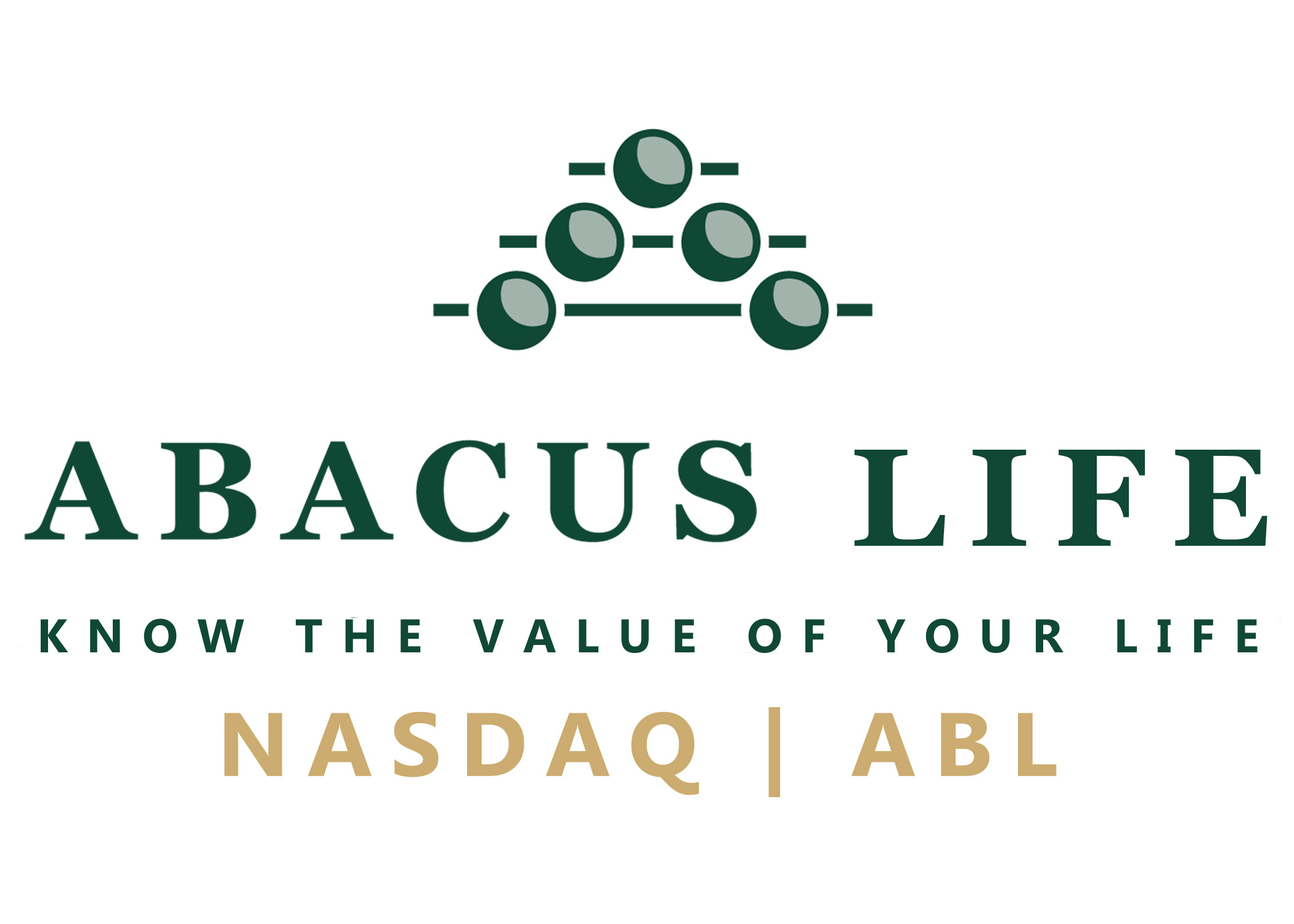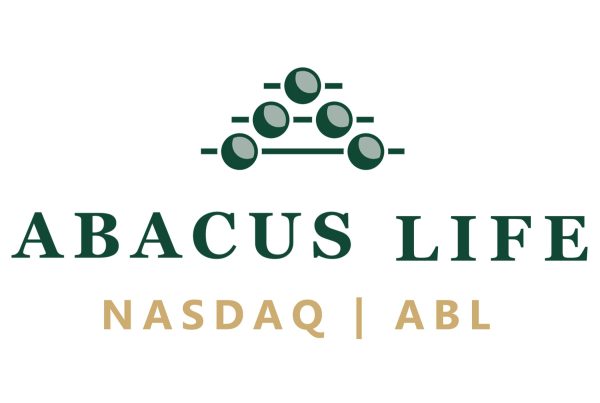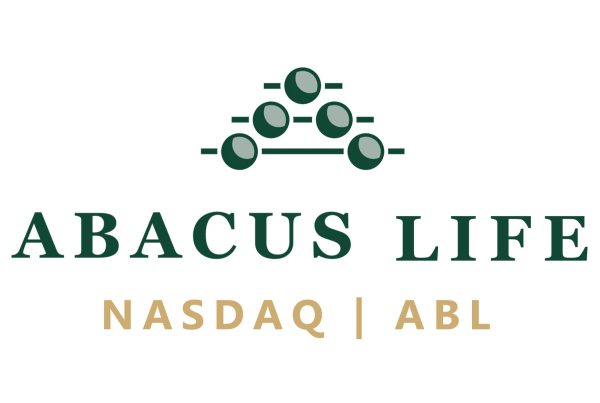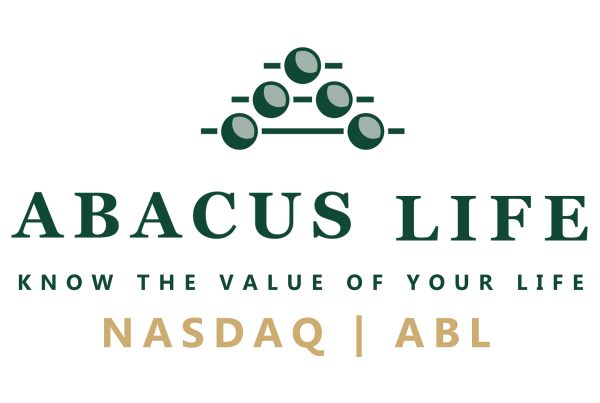What are ADLs and How Do They Help Seniors?
One of the most troubling aspects of advanced age is the eventual inability to complete vital daily tasks with ease or, independently. Individuals who have Alzheimer’s or Dementia are common examples of those who may require additional support with managing their daily routines. But the loss of daily capacity isn’t limited to issues developing with basic brain functions. Seniors commonly suffer from a range of musculoskeletal issues including Carpal Tunnel Syndrome, broken bones, atrophied muscles, and general loss of skeletal support.
What are ADLs and IADLs?
The previously mentioned vital daily tasks that most individuals need to complete on a daily or weekly basis to maintain a high quality of life are categorized as Activities of Daily Living (ADLs) and Instrumental Activities of Daily Living (IADLs). A fully functioning and independent individual should be able to complete the full range of activities in both of these categories, once limitations begin being put in place long-term care becomes a viable option to consider.
Basic ADL’s “include six essential skills typically needed to manage basic physical needs” according to the Katz Index of Independence in Activities of Daily Living. These six essential skills include:
- Toileting & Bathing: Regardless of age or gender, toileting needs are a universal constant. Bathrooms can be particularly dangerous for seniors since the floors can often become slippery and falls are common. It can be difficult to properly assist a person with using the restroom since maintaining dignity is vital while being assisted with private functions. Installing non-slip bathrooms in restrooms and bars that can bear heavy weight loads in the showers helps greatly.
- Continence: To maintain day-to-day normalcy and independence an individual should be able to control their bowels and bladder fully. This is often an embarrassing and difficult subject to speak about, but it is important that it is addressed. The underlying causes of incontinence can sometimes be reversed if the discussion is broached honestly and early.
- Feeding Yourself: This point is most commonly an issue with those suffering from diseases like Alzheimer’s and Dementia, seniors can have trouble remembering to eat at all. Severe cognitive issues can cause such severe shaking or degraded hand-eye coordination that self-feeding can become nearly impossible. In these cases, an in-home care professional can assist with feeding an individual in need of care.
- Dressing: Dressing isn’t limited to just getting clothes on, it also means dressing appropriately for day-to-day activities. Independent seniors should be able to differentiate between what should be worn for different weather patterns, as it could be dangerous to go outside under or overdressed. Any fasteners and buttons should be handled without assistance to consider this skill as a pass.
- Mobility: Functional senior mobility doesn’t necessarily mean running a marathon or going outside to shoot the basketball around. You should be able to get yourself out of bed in the morning and start your day without any major physical setbacks. Essentially, as long as you can move around your house without direct assistance, this skill is a pass overall.
Instrumental Activities of Daily Living (IADLs) are more complex actions that involve important parts of day-to-day living that seniors will likely have issues with well before ADLs. Examples of a few major ones include:
- Meal Preparation: Even before physically cooking a meal, the knowledge of how it is done and recalling recipes come into play. For seniors suffering from early stage Alzheimer’s or Dementia, this hurdle alone may be too much to get over. Physically, you must be able to make measurements, handle hot stoves, reach into cabinets, and lift potentially heavy ingredient bags. What this skill boils down to though is whether or not you can cook food consistently enough to maintain a healthy diet.
- Housekeeping: Senior homes that are neglected for long periods of time quickly become extremely dangerous to live in. Eventually, simply walking around can become a serious hazard if you aren’t capable of simple housekeeping and cleanup. Hundreds of thousands of seniors are injured annually in falls, and illnesses that result from those falls can often be fatal. If you are unable to maintain a well-kept home, an in-home care professional, scheduled regularly, is the best course of action.
- Transportation: Both mobility and challenges with short-term memory can make transportation a challenge for seniors. Being able to buy groceries, go to the doctors, and visit family are all extremely important factors in a senior’s continuing health and they all depend on having access to safe transportation. In-home care professionals can assist you in booking travel, securing your trip, and making sure you get to your destination and back home safely.
Are ADLs Relevant?
Most doctors agree that a decline in cognitive or physical ability that is measurable in the form of an ADL should be taken seriously. Often, once one skill is failed the others will soon follow unless the cause of the issue is addressed quickly. ADLs represent the first warnings of potentially serious issues, and should never be ignored. Securing in-home care from a trusted provider is the best way to ensure that quality of life does not decline in the least in conjunction with the loss of these day-to-day skills. An in-home care professional can also pay close attention to developing issues so seniors can get out ahead of them.
Long Term Care as an Option
The needs of a senior receiving in-home care can vary drastically depending on their ADLs and IADLs. Doctors often use both categories to assess how much continuing care an individual requires. In-Home Care in Tampa for a retiree that has trouble keeping their home and getting to the store, but handles all of their other tasks themselves would be light and simple. However, in-home care for a senior that has trouble bathing, self-feeding, and maintaining general personal hygiene is considerably more complex and requires more time on the visiting in-home care professional. American in-home care is here to help no matter the severity of your particular situation.
Abacus Life Settlements functions as a leader in the secondary market for life insurance. Our primary mission: work to help you understand your financial options. If you decide selling all or a portion of your policy is right for you, we can offer to purchase it from you at fair market value. We will provide all the numbers and details to show you how we determined its value and our offer, and if you decide to accept our offer we will provide you a lump sum amount and then take on all future obligations for the policy, including premium payments.




